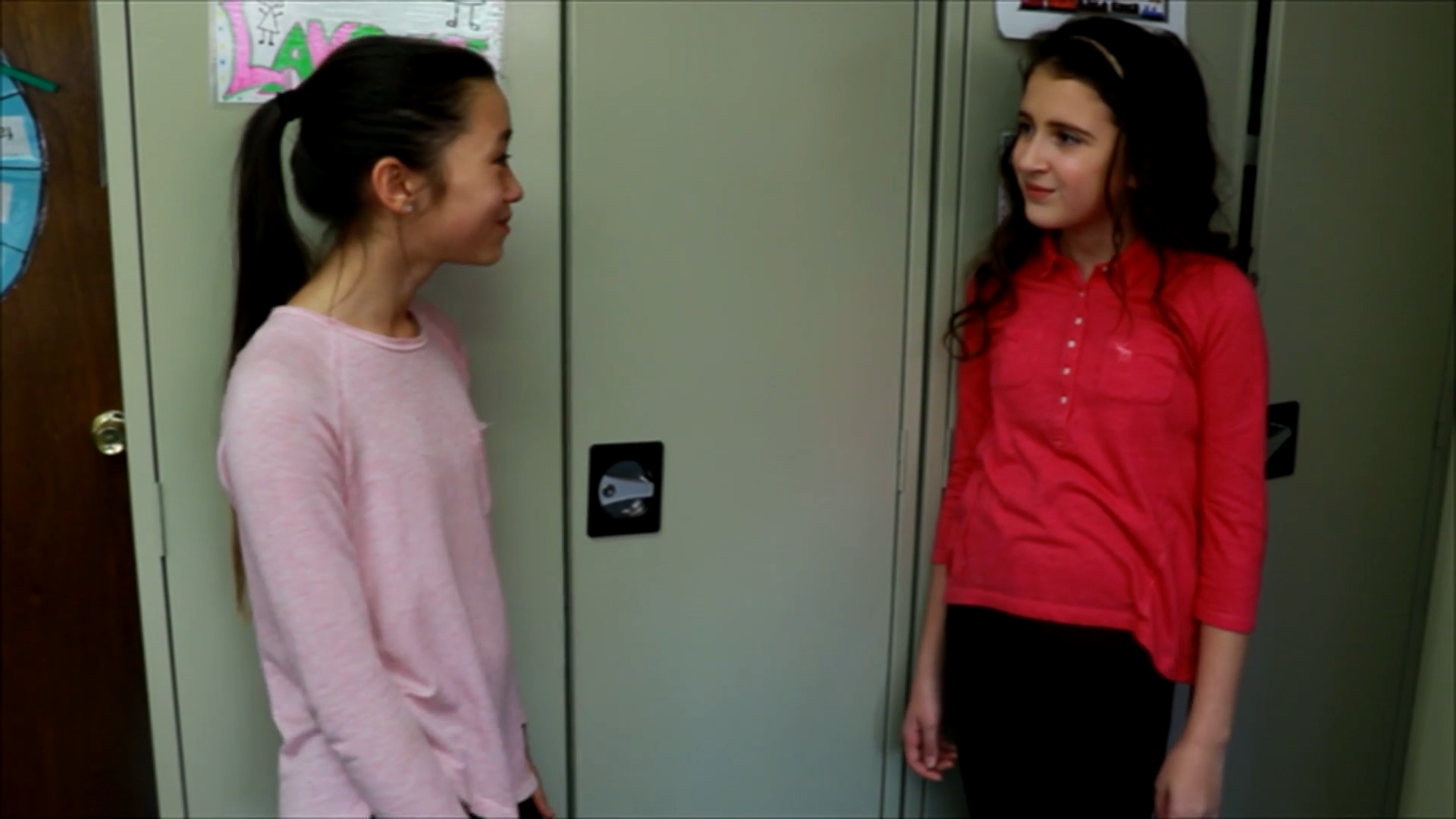
Personal space is an essential aspect of social-emotional learning for PreK students. This blog post will present an overview of personal space, detail a no-prep activity, provide discussion questions, mention related skills, and encourage users to sign up for free samples at Everyday Speech.
Introduction
When interacting with others, it is important to maintain an appropriate amount of personal space. Personal space is the invisible “bubble” that surrounds our bodies and helps us feel comfortable when we are near others. The amount of personal space we require can vary depending on the relationship we have with the person we are interacting with. By teaching PreK students about personal space, we are providing them with crucial social-emotional skills that will help them navigate their relationships and interactions with others throughout their lives.
No-Prep Activity: The Space Bubble Game
This simple, no-prep activity is designed to help PreK students understand the concept of personal space. No materials are needed, making it easy for educators to implement in the classroom or at home.
- Have the students stand in a circle, with each student having enough space to stretch their arms out to their sides.
- Explain to the students that they each have an invisible space bubble around them that helps them feel comfortable when they are near others.
- Ask the students to stretch their arms out to their sides, demonstrating the size of their personal space bubbles.
- Invite the students to walk around the room, maintaining their space bubbles by avoiding bumping into each other.
- After a few minutes, have the students return to their spots in the circle and discuss the importance of respecting others’ personal space.
Discussion Questions
These questions are designed to stimulate further discussions about personal space among PreK students:
- Why is it important to respect other people’s personal space?
- How does it feel when someone gets too close to you and invades your personal space?
- What are some ways we can tell if we are too close to someone?
- How can we use the Relationship Ruler to help us maintain appropriate personal space with different people in our lives?
- Why is it important to pay attention to others’ body language when we are near them?
Related Skills
Understanding and respecting personal space is just one component of social-emotional learning for PreK students. Other related skills that contribute to healthy social-emotional development include:
- Active listening
- Empathy
- Nonverbal communication
- Boundary setting
- Assertiveness
Next Steps
Teaching PreK students about personal space is an important step in fostering their social-emotional growth. To further support your students’ development, we encourage you to sign up for free samples of this skill and others at Everyday Speech. These materials will provide you with additional tools and resources to help your students build strong social-emotional foundations.

